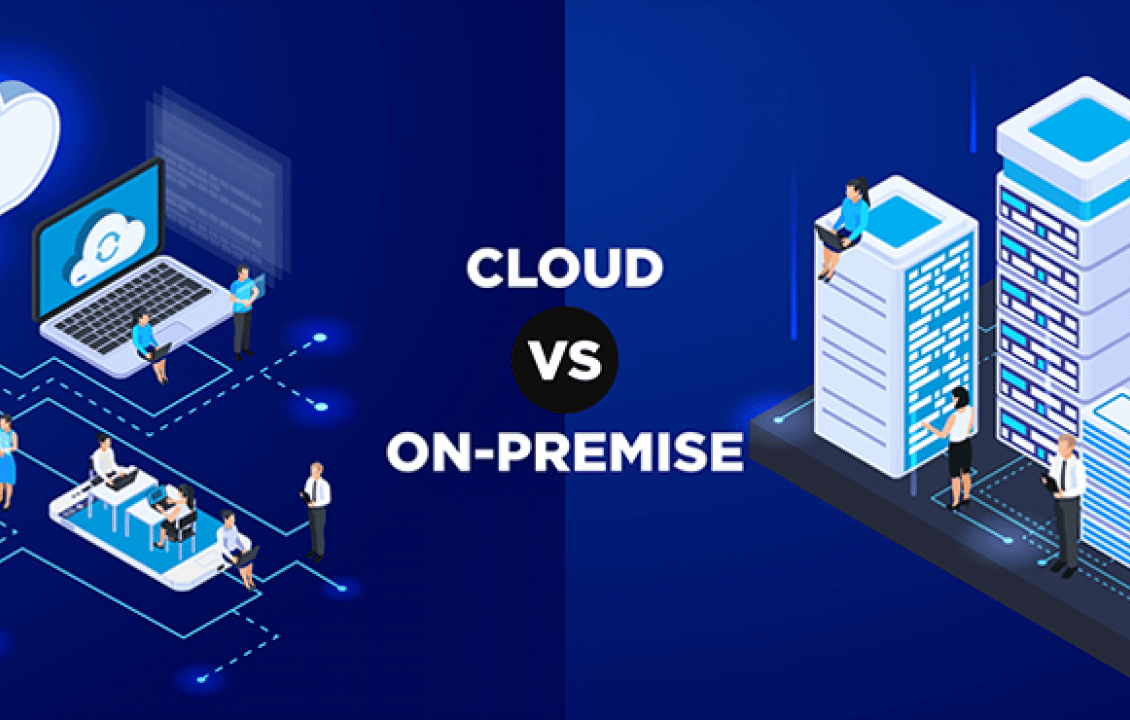
Introduction
Choosing the right Point of Sale (POS) system is one of the most critical decisions for any business. With technology evolving, traditional POS systems are now competing with cloud-based POS solutions. But which one is better for your business? This blog explores the differences, benefits, and potential drawbacks of both, helping you make an informed decision.
What Is a Cloud-Based POS System?
A cloud-based POS system is a modern solution where all data and operations are stored and managed online. It offers remote access, seamless updates, and flexibility, making it a favorite for growing businesses.
Features of Cloud-Based POS:
- Data stored securely in the cloud
- Accessible from anywhere with an internet connection
- Regular software updates with no manual intervention
What Is a Traditional POS System?
Traditional POS systems, also known as on-premise systems, store data locally on servers or computers at the business location. While reliable, they often require significant infrastructure and maintenance.
Features of Traditional POS:
- Data stored locally on the system’s hardware
- Operates offline without requiring internet
- Customizable but often requires professional IT support
Key Differences Between Cloud-Based and Traditional POS
| Feature | Cloud-Based POS | Traditional POS |
|---|---|---|
| Cost | Lower upfront costs; monthly subscription fees | Higher upfront costs; one-time investment |
| Accessibility | Accessible from anywhere | Limited to the physical location |
| Updates | Automatic updates included | Requires manual updates |
| Scalability | Easily scalable with business growth | Scalability can be expensive and complex |
| Offline Functionality | Limited offline capabilities | Fully operational offline |
| Data Security | Cloud storage with encryption | Risk of data loss without backups |
Benefits of a Cloud-Based POS System
- Flexibility and Mobility: Manage your business from any device, whether you’re at the store, at home, or on vacation.
- Scalability: Perfect for growing businesses that may need to add locations or devices.
- Real-Time Insights: Access up-to-the-minute sales and inventory data.
- Lower Initial Investment: No need for expensive hardware, as most systems work on tablets or computers.
Benefits of a Traditional POS System
- Reliable Offline Performance: Transactions continue smoothly even without internet access.
- Greater Control: All data stays within the premises, which some businesses prefer for privacy.
- Customization Options: Can be tailored to specific needs, although this often comes at a cost.
Which POS System Is Right for You?
Choose Cloud-Based POS If:
- Your business is growing or operates across multiple locations.
- You value mobility and remote access.
- You want predictable monthly costs and lower upfront investment.
Choose Traditional POS If:
- Your internet connection is unreliable, and offline operation is critical.
- You prefer owning and controlling your system without ongoing subscription fees.
- You’re operating a single location and do not require remote management.
Which option should you choose?
Both cloud-based and traditional POS systems have their advantages, but the right choice depends on your business’s specific needs. Cloud-based POS systems are ideal for modern, agile businesses that prioritize flexibility, scalability, and real-time data. Meanwhile, traditional POS systems may suit businesses with stable infrastructure and a preference for full control.
If you’re unsure, consider starting with a free trial of a cloud-based system to test its functionality before committing.
Conclusion
The battle between cloud-based and traditional POS systems boils down to your business priorities. As the world moves increasingly online, cloud-based systems are becoming the preferred choice for many businesses. Evaluate your needs carefully to choose a system that will grow with you and support your goals.

